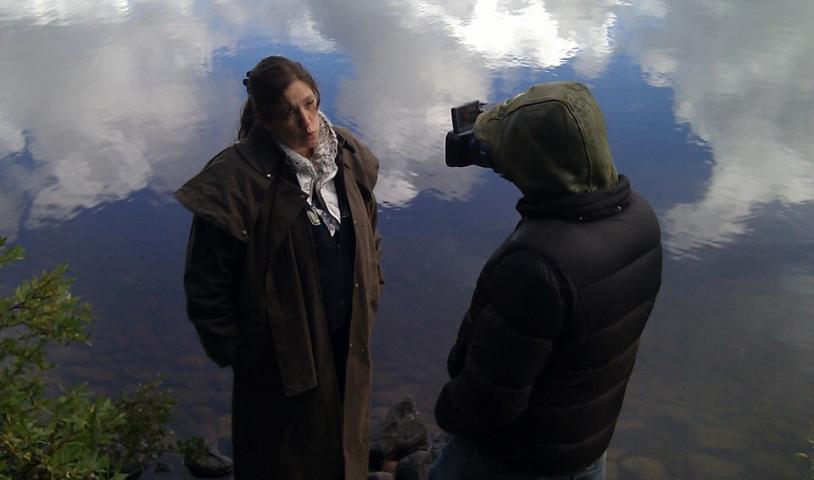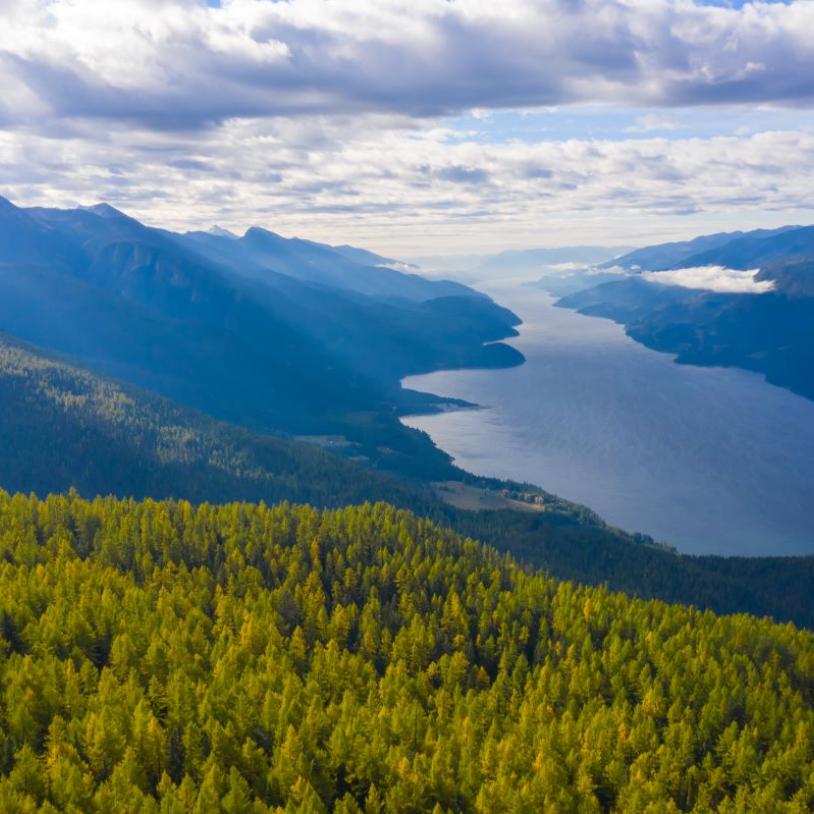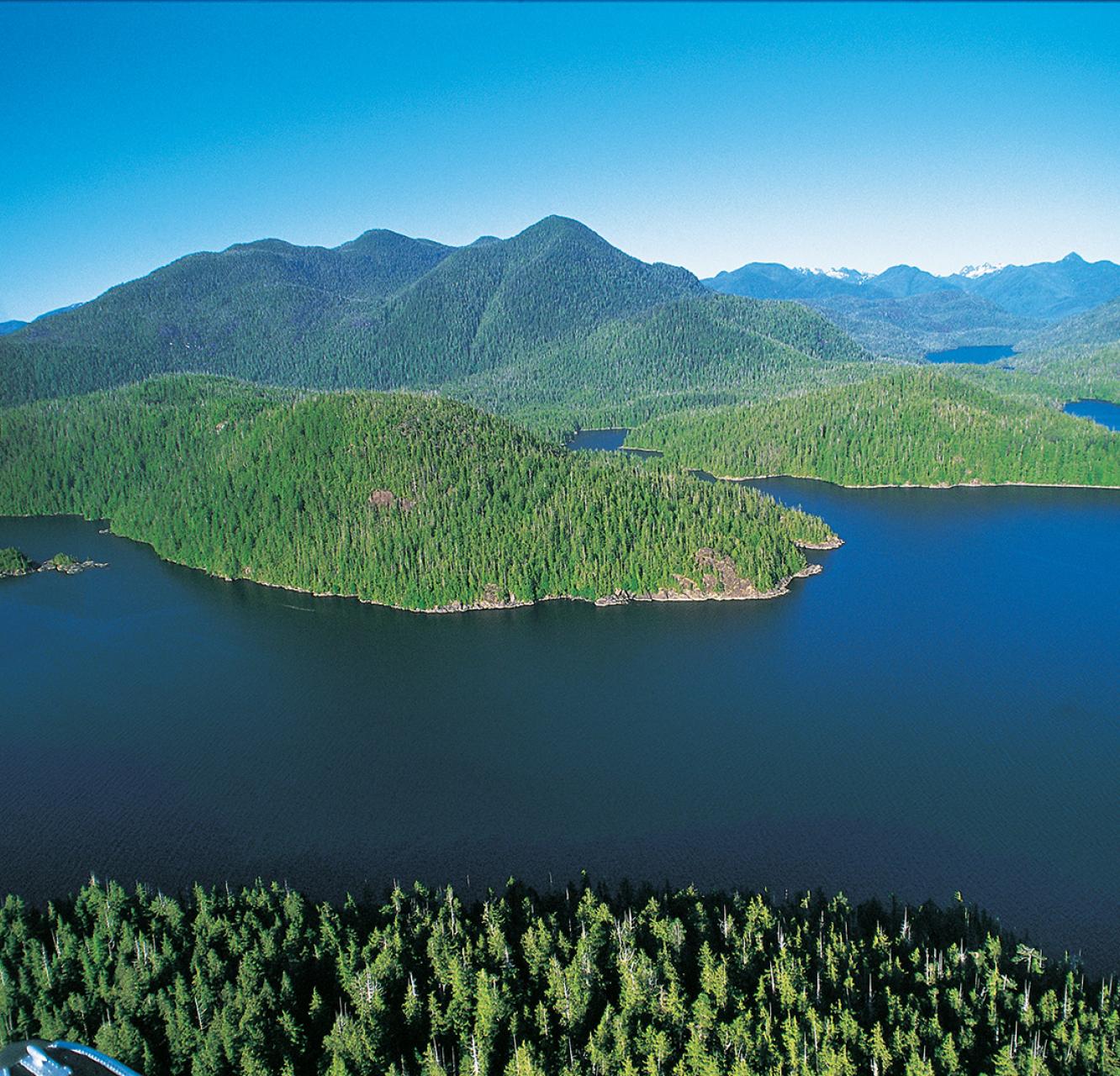Proposed B.C. gold and copper mine generates anger, barbs, and threats
Thursday, October 28, 2010
VANCOUVER - A battle over the proposed Prosperity Gold and Copper Mine in B.C.'s central Interior has turned caustic as players and politicians trade barbs and threats, including a suggestion that some First Nations could bring out their shotguns.
A decision on what has been touted as an $800-million project that would create 700 jobs in the region hard-hit by the pine beetle epidemic and the economic downturn in the forest industry is expected any day.
But in the meantime, both sides of the issue warn of dire consequences if the mine is rejected or approved. The Conservative government has been placed in the uncomfortable position of being the final decision maker on a proposal where there is no middle ground.
Final approval for the project rests with cabinet.
The location of the proposed mine, 125 kilometres southwest of Williams Lake, B.C., is an area so beautiful, a postcard picture of Fish Lake was issued as part of a series to lure tourists to the province.
It's the same lake that will be destroyed if cabinet gives Taseko Mines (TSX:TKO) approval to develop the site.
The governments of B.C. and Canada have conducted environmental reviews and each report said the project would have significant adverse effects. The provincial government's assessment said despite the negative consequences on fish and fish habitat, the effects were justified in the circumstances.
The federal assessment was more dire.
Randy Hawes, B.C.'s minister of state for mining, said those in the community who want the jobs and economic resurgence the mine is touted to bring to the area are on the edge of their seats, but so are the First Nations communities who will be impacted by the mine.
"I don't think anybody's going to accept the decision and move on," Hawes said.
The Tsilhqot'in First Nation will be in B.C.'s Appeal Court next month in a continuation of an aboriginal rights fight from a 2007 court decision.
Marilyn Baptiste, chief of the Xeni Gwet'in First Nation who speaks as one of the leaders for the larger Tsilhqot'in First Nation, said their battle against the mine has been multi-pronged.
"They are threatening our life and our way of life. They are threatening our very being," she said in a telephone interview.
She admitted threats have been made, but said the threats got the attention of Hawes and others in government.
"Our elders have said 'I will be out there in my wheelchair with my shotgun'," Baptiste said.
"I never said I would have a gun, but if it makes him feel better, I will say it," she said, referring to Hawes.
Baptiste said the issue is about protecting her land, her people and their rights for future generations.
On Nov. 15, the Tsilhqot'in and the federal and provincial governments will appeal various parts of a decision from Justice David Vickers, who ruled the First Nations have aboriginal title to their land, which includes the Prosperity Mine site.
Instead of declaring title outright, the judge asked that all sides attempt a negotiated settlement. Those negotiations failed.
Hawes said the emotion around the destruction of the lake, also know as Teztan Biny by the First Nation, may be because it has a high spiritual value, but he doesn't think there's much fisheries value.
"I did go to Fish Lake. It's not much of a lake really. I didn't think it was," Hawes said.
"(The environmental report) talks about the pristine nature and all this kind of stuff, I'm not sure if they're talking about the ATV tracks that chew up the land all around the lake —but that's how pristine it is."
There are 90,000 rainbow trout in the current lake and the federal report said the planned replacement lake, with 20,000 stocked fish, would not meet Fisheries Canada guidelines or give assurance to First Nations that the fish would be safe for consumption.
Hawes discounts the federal environmental report, saying it only looks at the environment and doesn't balance the need for jobs. It's also inaccurate, he said.
"The (report) also talks about grizzly bears in there and there hasn't been grizzly in that area for 100 years."
Unemployment rates in the area are well over average and there's some hope the jobs created by the mine over two decades would replace some of those lost from the ailing forest industry.
The area is at the centre of the pine beetle epidemic and the downturn in the U.S. housing market has left many out of work.
Cariboo-Prince George Conservative MP Dick Harris believes the mine can keep many families in the area afloat.
"That buoyancy in economy will reach out to every First Nation community in the Chilcotin," he said in a phone interview from Ottawa. "The pay is in the upper scale. The training is free, particularly to First Nations' people."
Harris said he believes only a small section of the First Nations community is opposed to the mine, including their leaders.
"They're being guided by their lawyers and their consultants," he said. "Plus there's a lot of funding that's coming in from the big environmental activists groups from south of the border."
If the mine doesn't go through, Harris said it would be a "stake right through the heart" of the dream people have of living and working in the Cariboo.
Hawes said if the decision is no, it will send an international message to the mining community that B.C. is not a good place to invest.
"It's also going to say you know if you threaten violence ... you can get your way. And I really think we need stand against that kind of thing to."
Photo: Chief Marilyn Baptiste being interviewed on the shore of Fish Lake.





